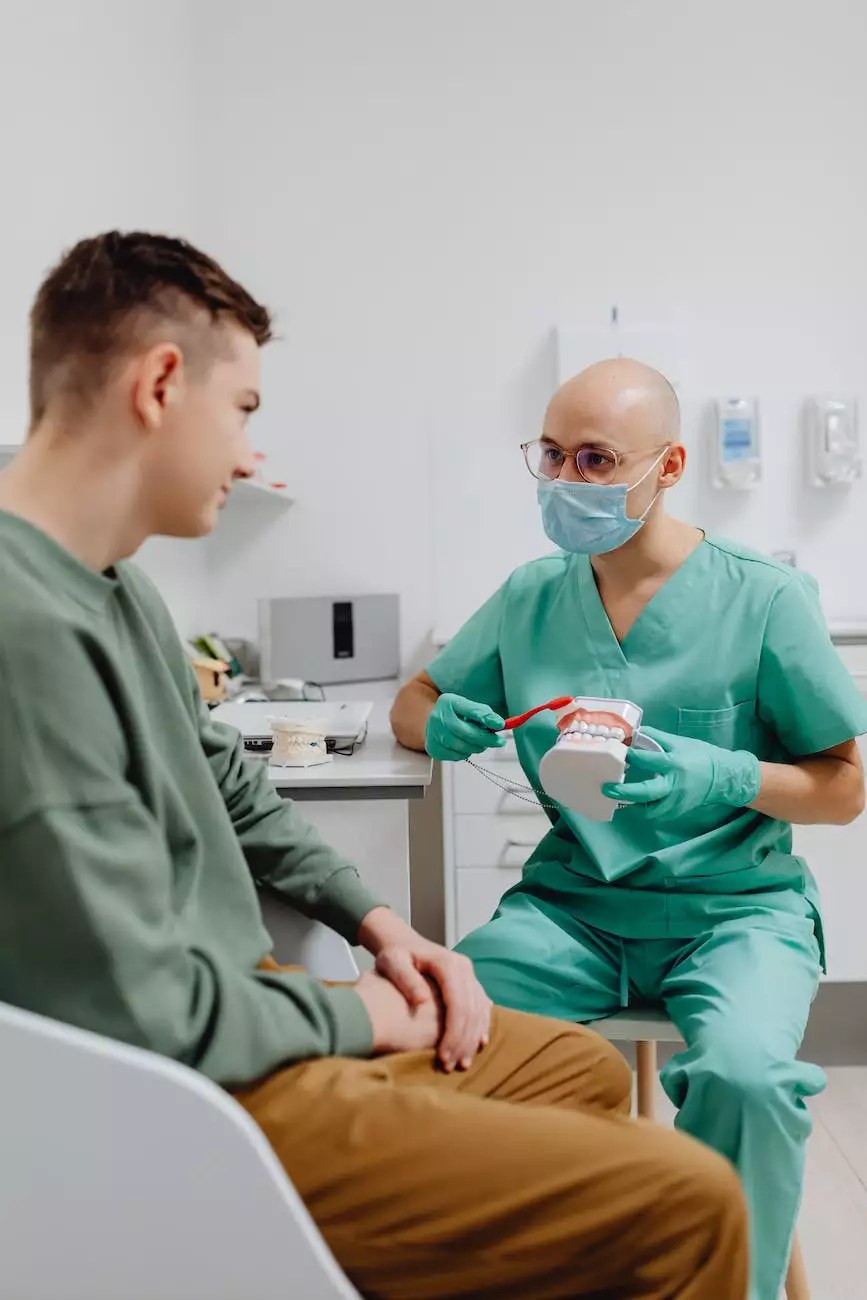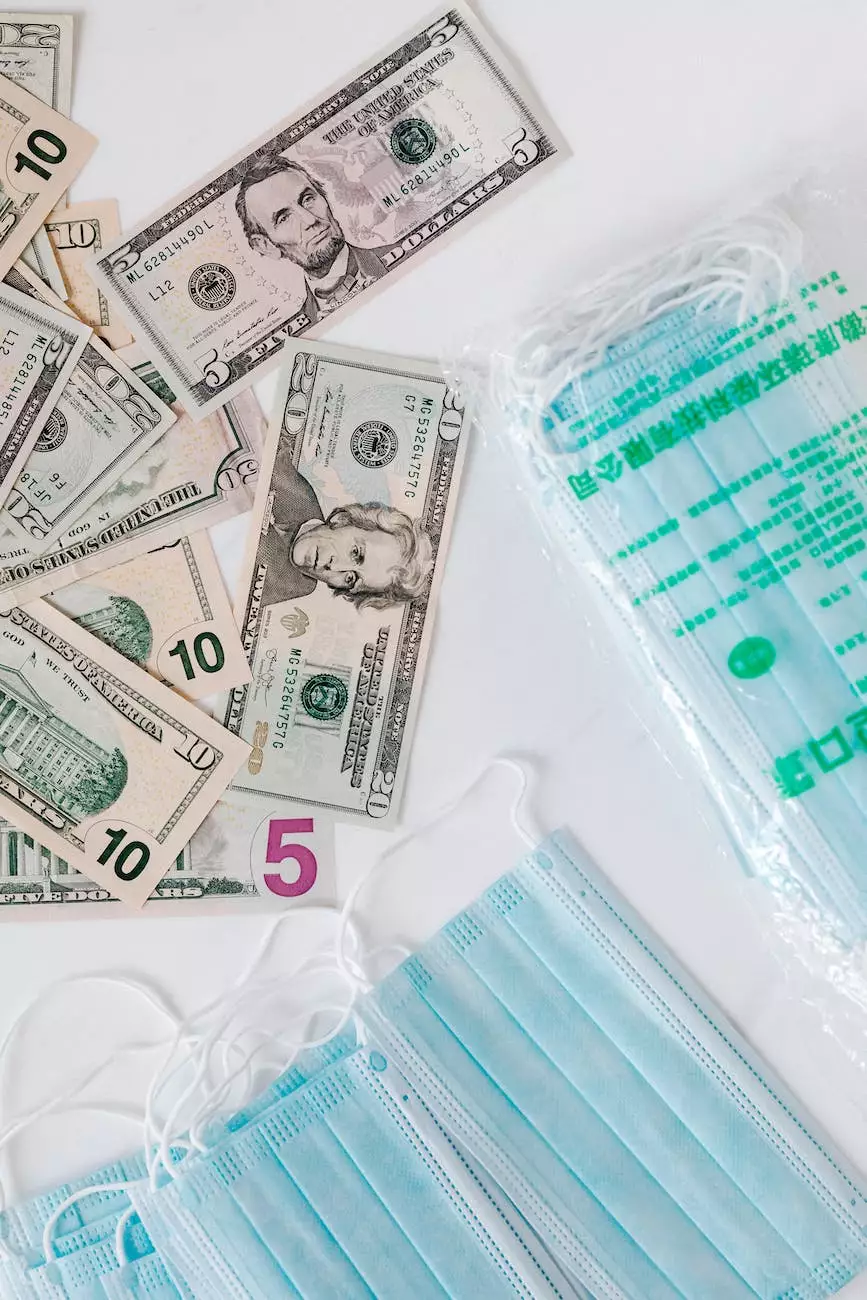4 Supplements That Make Antidepressants Work Better—And Some That Don't
Therapy
Welcome to Alison K Bowles, Ma, Lmhc's comprehensive guide on how to enhance the effectiveness of antidepressant medications through the use of supplements. Mental health is a critical aspect of our overall well-being, and choosing the right supplements can be a game-changer in supporting the treatment of depression and other related conditions.
Understanding the Role of Supplements in Mental Health
In recent years, there has been a growing interest and demand for natural supplements to complement traditional antidepressant medications. While medication prescribed by mental health professionals remains the cornerstone of treatment, certain supplements have shown potential in enhancing the effects of antidepressants.
It is important to note that supplements should never be used as a replacement for prescribed medication. Instead, they can be used as a supportive tool to alleviate symptoms and improve overall mental well-being.
The Most Effective Supplements for Enhancing Antidepressant Medications
1. Omega-3 Fatty Acids
Omega-3 fatty acids, often found in fish oil supplements, have been extensively studied for their potential mental health benefits. Research suggests that omega-3s can help reduce symptoms of depression and anxiety, making them an ideal supplement to support antidepressant therapy.
By boosting brain function and promoting the production of neurotransmitters, omega-3 fatty acids enhance the efficacy of antidepressants. Additionally, omega-3s have anti-inflammatory properties that protect the brain from oxidative stress and inflammation, which are often associated with mental health disorders.
2. Vitamin D
Vitamin D deficiency has been linked to increased risk of depression and other mental health conditions. Studies have shown that supplementing with vitamin D can improve symptoms of depression and enhance the effects of antidepressants.
Vitamin D plays a crucial role in regulating mood and supporting brain function. By ensuring adequate levels of this essential vitamin, individuals may experience noticeable improvements in their mental well-being when combined with antidepressant medication.
3. B Vitamins
B vitamins, including B6, B9 (folate), and B12, are essential for proper brain function and the production of neurotransmitters. These vitamins are known to support mental health and have been shown to enhance the effectiveness of antidepressant medications.
Supplementing with B vitamins can alleviate symptoms of depression and improve cognitive function. Adequate levels of B vitamins ensure that antidepressant medications work optimally, leading to better treatment outcomes.
4. S-Adenosylmethionine (SAMe)
S-Adenosylmethionine, or SAMe, is a naturally occurring compound found in the body. It plays a crucial role in various biological processes, including the production of neurotransmitters and the regulation of mood.
Research suggests that supplementing with SAMe can enhance the effectiveness of antidepressants, particularly in individuals who have had a poor response to medication alone. SAMe can be a valuable addition to the treatment plan, promoting emotional well-being and reducing depressive symptoms.
Supplements to Avoid When Taking Antidepressants
While some supplements can be beneficial in conjunction with antidepressant medications, it is equally important to be aware of supplements that may interact negatively with certain antidepressants. Always consult with a healthcare professional or a licensed mental health counselor before introducing any new supplement into your treatment regimen.
Some supplements that should be avoided or used with caution when taking antidepressants include:
- St. John's Wort: This herb can interfere with the metabolization of antidepressant medications, leading to decreased effectiveness or increased side effects.
- 5-HTP: 5-Hydroxytryptophan can increase serotonin levels in the brain, which may lead to serotonin syndrome when combined with certain antidepressants.
- Ginkgo Biloba: Ginkgo biloba may increase the risk of bleeding when taken with certain antidepressants that also have blood-thinning effects.
Remember, every individual has unique needs and responses to medication. It is vital to seek professional advice when considering supplements to avoid any potential adverse interactions.
Conclusion
Supplements can play a valuable role in supporting the effectiveness of antidepressant medications. By incorporating the right supplements into your treatment plan, you can enhance your mental well-being and experience improved outcomes.
Alison K Bowles, Ma, Lmhc is dedicated to providing expert guidance on mental health and the use of supplements alongside traditional treatments. Remember to consult with a healthcare professional before making any changes to your medication or supplement regimen. Together, we can work towards a healthier and happier you.



